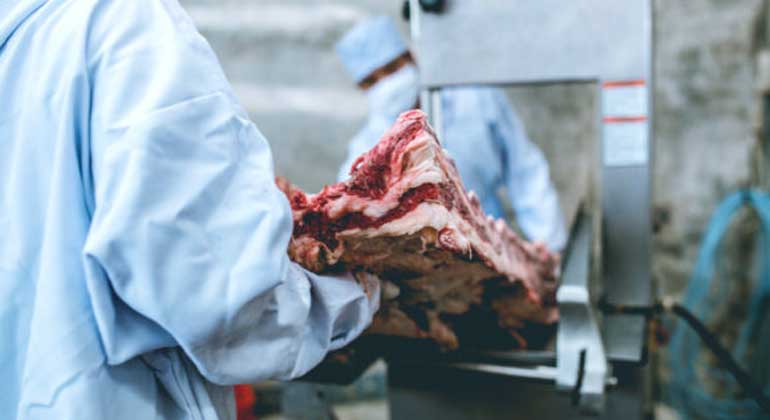
THE GOVERNMENT needs to steer clear of trade disputes with countries that are the source of supply for raw materials used by the food industry, meat processors said.
In a statement, the Philippine Association of Meat Processors, Inc. (PAMPI) said the Philippines cannot afford disagreements with its trade partners because most of the raw materials needed to produce canned meat are imported.
“About 90% to 95% of raw materials used by the meat processing industry are imported,” PAMPI said.
According to PAMPI, the Philippines imports more than 800,000 metric tons of meat yearly, with 50% to 60% used by meat processors to produce canned and frozen products such as hotdogs.
A dispute between the Philippines and Brazil last month that threatened the entry of raw materials used by meat processors.
On Aug. 14, the Department of Agriculture (DA) suspended the entry of poultry from Brazil due to its rising number of coronavirus disease 2019 (COVID-19) cases and after China announced that a chicken meat sample sourced from Brazil tested positive for the virus.
In response, Brazil’s Ministry of External Relations Affairs and Ministry Agriculture released a joint statement saying that the DA’s decision to ban chicken imports runs counter to the procedures laid out by the World Trade Organization (WTO).
“The Philippine government’s current imposition of a temporary ban over imports of Brazilian poultry meat did not follow the necessary and mandatory principles and phytosanitary measures (SPS Agreement), and, therefore, is in clear violation of Article 5 of the WTO SPS Agreement,” the joint statement said.
PAMPI said the dispute also affected Brazilian exports to the Philippines of mechanically deboned meat (MDM).
Meanwhile, the DA issued a memorandum order on Sept. 7 that partially lifted the ban on Brazil’s MDM imports as long as the appropriate documents are submitted.
“Without MDM from Brazil, our cost of raw materials would spike by 20% and we cannot pass on the rising cost to our consumers because of Republic Act No. 7581 or the Price Act,” PAMPI said.
According to PAMPI, the meat processing industry, which employs 150,000 people, produced 900 million kilograms of processed meat in 2019. — Revin Mikhael D. Ochave
